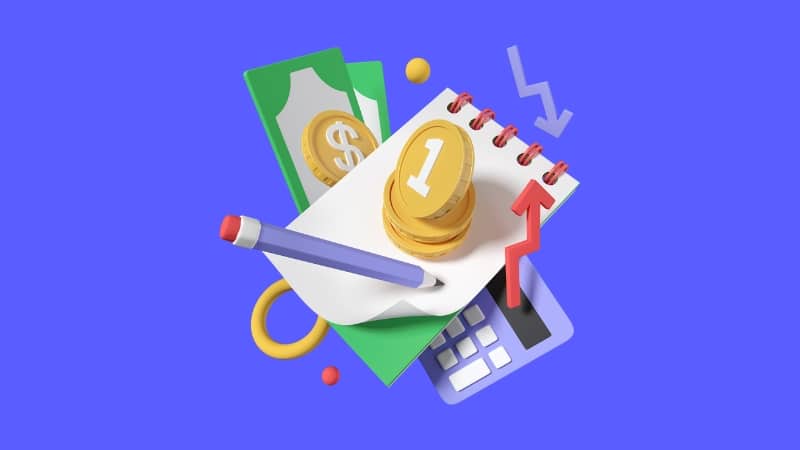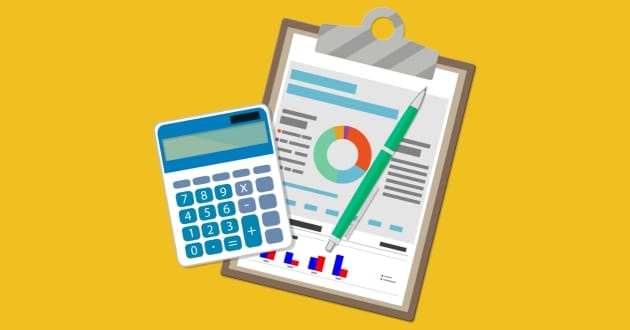Managing personal debt effectively is crucial for financial stability and peace of mind. In this article, we will explore the best ways to reduce personal debt, offering practical strategies that can help you regain control of your financial life.
Create a Detailed Budget

The first step in reducing personal debt is to create a detailed budget. This involves tracking all your income and expenses to understand where your money goes each month. By doing so, you can identify areas where you can cut back.
Implementation
Start by listing your fixed expenses, such as rent or mortgage payments, and variable expenses like groceries and entertainment. The goal is to ensure that your spending does not exceed your income and to allocate extra funds towards debt repayment.
Prioritize Your Debts
High Interest First
One of the best ways to reduce personal debt is to prioritize debts with the highest interest rates. Commonly known as the avalanche method, this strategy involves paying the minimum on all your debts while using any extra money to pay down the highest interest debt first.
Snowball Method
Alternatively, the snowball method involves paying off the smallest debts first to build momentum. This can be psychologically motivating as you see debts being cleared.
Consider Debt Consolidation
How It Works
Debt consolidation involves combining multiple debts into a single payment, typically with a lower interest rate. This can simplify your payments and reduce the amount of interest you pay over time.
Choosing the Right Option
It’s important to research and compare different consolidation options, such as personal loans or balance transfers. Make sure the consolidation method you choose truly reduces your financial burden and does not extend it unnecessarily.
Increase Your Income
Explore Side Hustles
Increasing your income can be an effective way to reduce debt. Consider taking on freelance work, selling items you no longer need, or starting a side business.
Career Advancement
Additionally, pursue opportunities for career advancement, which may lead to higher earnings. This could involve seeking promotions, acquiring new skills, or changing jobs.
Reduce Unnecessary Spending
Evaluate Your Habits
Examine your spending habits critically and identify areas where you can cut back. Small changes, like dining out less frequently or canceling unused subscriptions, can add up.
Focus on Essentials
Focus your spending on essentials and allocate the saved money towards your debt. This requires discipline and a change in lifestyle, but the financial freedom gained is worth the effort.
Negotiate with Creditors
Open Communication
Engaging directly with your creditors can lead to more manageable debt terms. Many creditors are willing to negotiate on interest rates, monthly payments, or even the total debt amount if it increases the likelihood of repayment.
Benefits of Negotiation
Negotiating can potentially lower your payments and provide temporary relief from high interest rates, which can be crucial for reducing your overall debt burden.
Use Windfalls Wisely
Allocating Unexpected Funds
Whenever you receive unexpected funds, such as a tax refund, bonus, or inheritance, consider using this money to pay down your debt. Applying windfalls to your debt can significantly decrease the total interest paid and shorten the debt repayment period.
Long-term Impact
Although it might be tempting to use these funds for other purposes, prioritizing your debt can help achieve long-term financial freedom much quicker.
Leverage Debt Calculators to Streamline Repayment
Optimizing Debt Repayment
Utilizing debt calculators can be a game-changer in your quest to reduce personal debt. Tools like the one available at Ramsey Solutions allow you to input various debt amounts, interest rates, and monthly payments to see a clear timetable of how different repayment strategies affect your debt clearance timeline.
Benefits of Using Debt Calculators
Debt calculators help you visualize the impact of increasing your monthly payments and how much you can save in interest over time. This can motivate you to make more informed decisions and potentially speed up your debt-free journey by finding the most efficient repayment plan tailored to your financial situation.
Set Specific Goals
SMART Goals
Setting specific, measurable, achievable, relevant, and time-bound (SMART) goals can make the debt reduction process more structured and motivating. For example, aiming to pay off a specific credit card within a year gives you a clear target to work towards.
Tracking Progress
Regularly monitoring your progress towards these goals can help maintain your motivation and adjust your strategies as needed.
Seek Professional Advice
Financial Counseling
If you find it overwhelming to manage your debt alone, consider seeking help from a financial counselor. These professionals can provide personalized advice and help you develop an effective debt reduction plan.
Benefits of Professional Help
Professional advice can also help you navigate complex financial situations more effectively and avoid common pitfalls that may slow down your debt reduction efforts.
Embrace Digital Resources for Financial Management
Harnessing Online Tools
In the digital age, leveraging online resources is a critical step in optimizing your debt reduction strategy. Many websites offer valuable insights and tools that can guide you on how to manage personal finances. These resources provide practical advice on budgeting, saving, and investing.
Advantages of Digital Tools
Using online platforms can help you gain a comprehensive view of your financial health, track spending patterns, and identify opportunities to cut costs or increase savings. Additionally, many of these tools offer automated features, such as reminders for bill payments or alerts when you exceed your budget, which can help keep you on track towards achieving your debt reduction goals.
Utilize Financial Tools
Budgeting Apps
Technology can be a great ally in managing your finances. Use apps and online tools to track your spending, budget better, and plan your debt repayment more efficiently.
Debt Repayment Calculators
Debt repayment calculators can help you understand how different repayment strategies affect the total interest paid and the duration of debt repayment. This can aid in choosing the most effective method to clear your debts.
By incorporating these additional strategies into your financial planning, you can enhance your approach to reducing personal debt and accelerate your journey to financial independence.
Conclusion
Reducing personal debt is achievable through a combination of budgeting, prioritizing debts, consolidating them when beneficial, increasing income, and cutting unnecessary expenses. By implementing these best ways to reduce personal debt, you can work towards a debt-free life, reducing stress and improving your financial future. Remember, the journey to becoming debt-free requires patience, discipline, and persistence.



